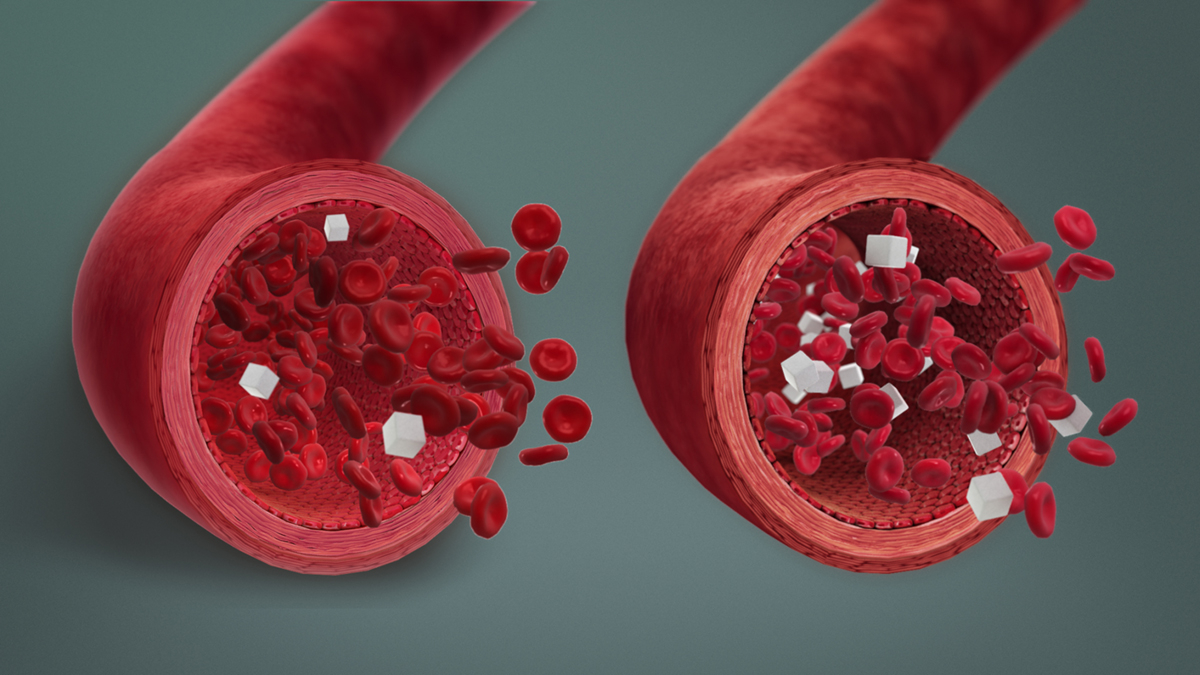
Normal levels of blood sugar vary from 70 to 110 mg/dl (milligrams per deciliter). When the sugar levels are too low, under 60 mg/dl, the condition is called hypoglycemia. It usually affects diabetic patients, who have hypoglycemic episodes. Healthy people rarely experience this condition.
Symptoms of hypoglycemia might be confused with abuse of alcohol. The common symptoms of low blood sugar are: sweating, shaking, tiredness, weakness and hunger. In some serious cases, when the brain doesn’t get enough of sugar, the symptoms are headache, slurred speech, confusion, inappropriate behavior, convulsion and even coma.
Low levels of sugar affect the normal function of our brain and many other systems in our body.
Treatment for hypoglycemia includes consummation of sugar in any form, as candies, glucose tablets, sweet drink or fruit juice, and later, adjustment of the diabetic drugs, that caused the condition. People with the hypoglycemia prefer glucose tablets, because of the quick results. Specialists recommend to use sugar first and then some food which provides longer-lasting carbohydrates, such as bread or crackers. Also, taking your meals in small doses, 5 times a day and limiting the use of simple sugar might be of some help in preventinghypoglycemia.
Severe or prolonged hypoglycemia is dangerous to the brain function and in those cases doctors use intravenous sugar solution. Patient with severe hypoglycemia sometimes use glucagon injections at home.
Diabetic medications are known to have hypoglycemic side effect, but possible causes of low blood sugar might be fasting, reactions to carbohydrates, pancreas tumor or stomach surgery.
Insulin and other drugs, used to treat diabetes may cause hyperglycemia, especially when these patients tends to be on a diet to lose some weight or have kidney problems. Older patients and diabetics who are more physically active are more sensitive to develop hypoglycemia.
The use of pentamidine, Nebupent, quinine or Qualaquin (the non-diabetic medications) might be the cause of low blood sugar levels. Some patients suffering from the Munchausen syndrome (who are faking Illness for attention) secretly use insulin and therefore provoke hypoglycemia.
Most healthy people rarely have hypoglycemia. The reasons of the condition might be prolonged fasting and exercising, although it rarely happens. Alcoholics and patients with liver problems, as well as children with abnormalities in the enzyme systems that control sugar levels are more likely to have this so-called fasting hypoglycemia.
Tumors of the pancreas may cause hyper production of insulin and cause hypoglycemia. Low sugar levels could be also caused by pituitary or adrenal hormone disorders, kidney and heart failure, cancer or shock, particularly in diabetic patients. Insulin-producing tumors should be removed surgically.
Hypoglycemia might be a reaction to indigestion of fructose, galactose or amino acid leucine, or affect people after some stomach surgery.


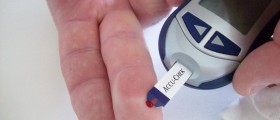
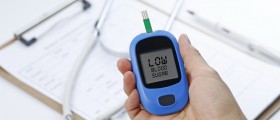
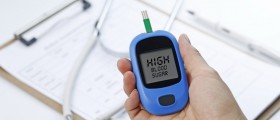

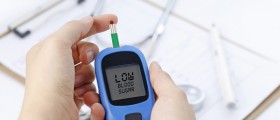
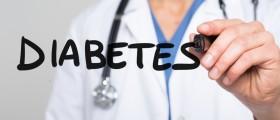


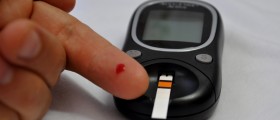
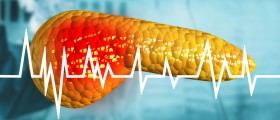
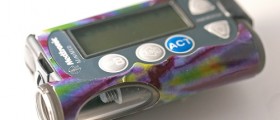

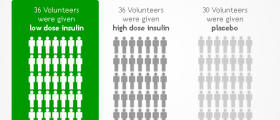


Your thoughts on this
Loading...